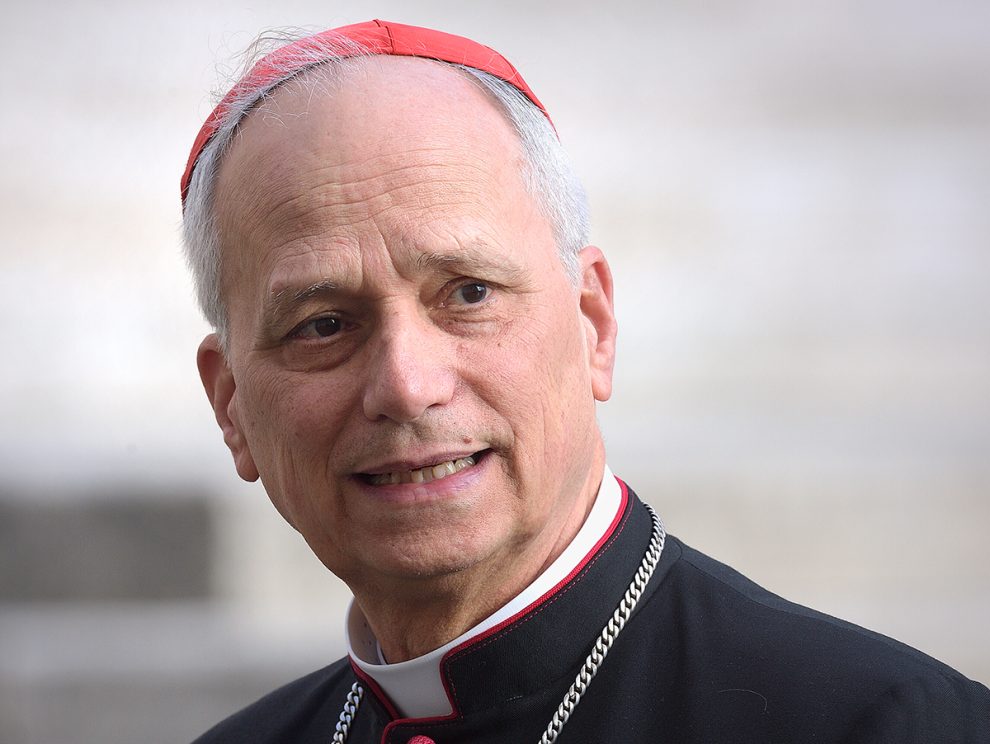The election of Cardinal Robert Prevost, O.S.A. as Pope Leo XIV represents a profound milestone in the life of the Catholic Church, with a U.S.-born prelate being elected to the papacy for the first time. A missionary who spent most of his priesthood in Peru, Pope Leo’s election suggests a major continuation of the direction set by Pope Francis for the church as it navigates the 21st century.
The choice of Leo as a regnal name harkens back to Pope Leo XIII, who served as pope from 1878–1903, the third longest recorded pontificate. Leo XIII began the tradition of modern Catholic social teaching with his groundbreaking 1891 encyclical Rerum Novarum, dedicated to issues of labor and other challenges raised by the Industrial Revolution. One could surmise that Leo XIV then is going back to the roots and claiming this tradition anew. His first address from the central loggia of St. Peter’s Basilica reflected this focus on justice and peace.
Born in Chicago on September 14, 1955 and educated at Villanova University, Catholic Theological Union, and the Pontifical University of St. Thomas Aquinas, Robert Prevost was ordained an Augustinian priest on June 19, 1982 by Archbishop Jean Jadot. Jadot was the Belgian apostolic delegate whom Pope Paul VI sent to the United States to bring the U.S. bishops up to speed on implementing the Second Vatican Council.
Prevost served as a missionary in Peru for much of the 1980s and ’90s before serving as Prior General of the Augustinians from 2001–2013 and then bishop of Chiclayo, Peru from 2015–2023. Pope Francis brought him into the Vatican in 2023, appointing him as prefect for the Dicastery for Bishops. He was created a cardinal by Pope Francis the same year. The dicastery oversees the appointment of bishops across the world. Cardinal Prevost also served as president of the Pontifical Commission for Latin America until his election as pope.
With his 70th birthday approaching this year, Pope Leo is the youngest pope elected since 58-year-old Cardinal Karol Wojtyla’s election as John Paul II in October 1978. Pope Francis was 76 at the time of his election in 2013, and Benedict XVI was a record 78 at the time of his election in 2005. The cardinals have seemingly opted for a longer pontificate to provide stability during a turbulent time in the world.
The question of whether the new pope will continue Pope Francis’ emphases on justice, mercy, and more synodal church received a resounding yes with the election of Pope Leo. His ascension to the chair of Peter echoes the election of Pope Paul VI in 1963, who followed the groundbreaking pontificate of Pope John XXIII and went about completing and implementing Vatican II during the 15 years he served as pope. Now it is Pope Francis’ body of teaching that is to be implemented and made the new business as usual in the Vatican and for the universal church.
Image: Sefano Spaziani/picture-alliance/dpa/AP Images














Add comment